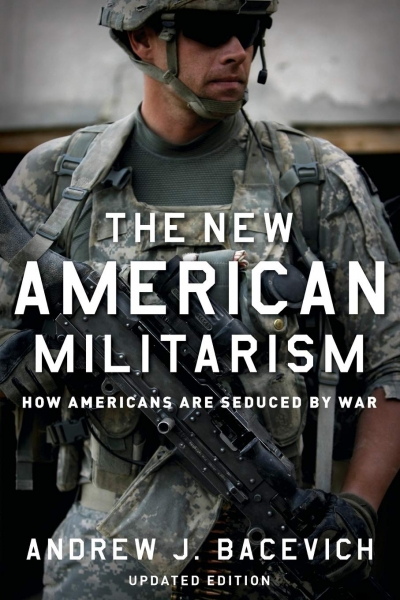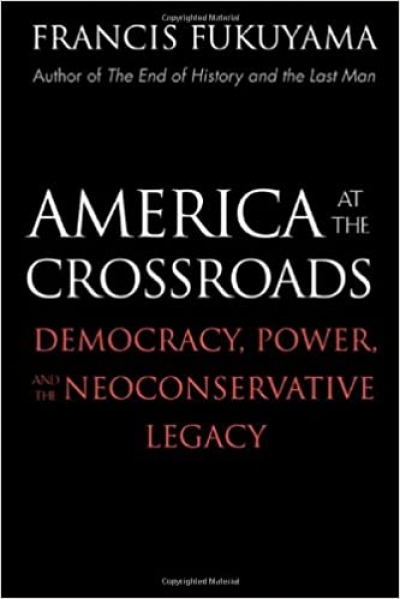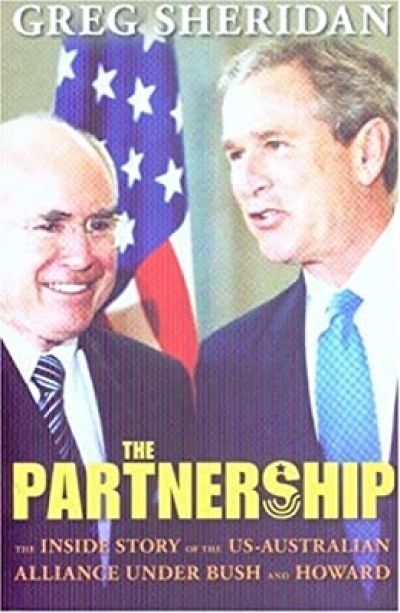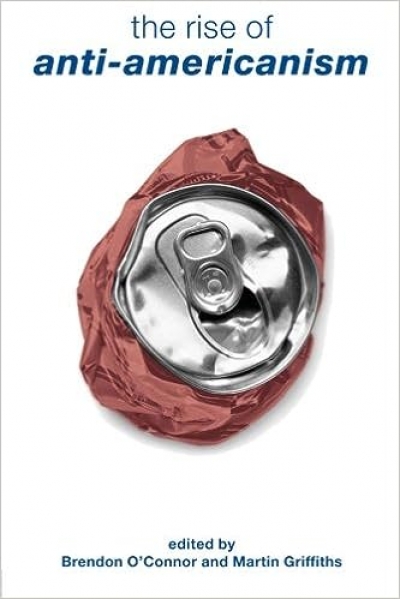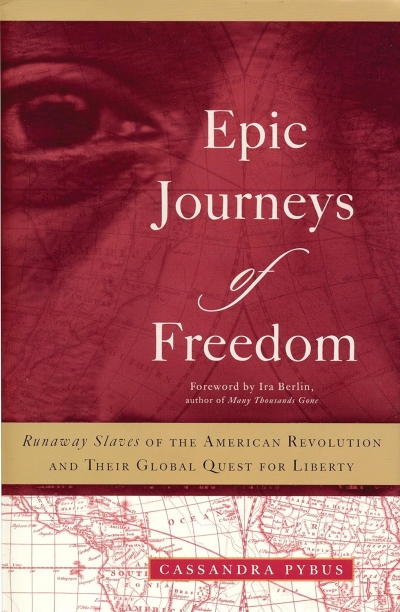Until about twenty years ago, historians of colonial North America were writing about it as ‘this strange New World’. Whether because of distance or a native frontier, inflated (or skewed) visions, J. Hector St John de Crèvecoeur’s new man, the American, was thought to have been born on an unknown and therefore malleable physical and institutional landscape. Everything could, as it were, begin from scratch – and that’s the way the Americans wanted it. Today, historians have repositioned the colonies within the seventeenth – and eighteenth – century Atlantic World. In these studies, North American colonials simply lived English, Dutch and French lives overseas. It was not just that they replicated the home country’s customs and institutions in Philadelphia, Charleston or Montreal: that we’ve known. They used an available Atlantic World: black slaves ran to British ships on the Atlantic and served as sailors; New England merchants travelled to the Caribbean; Dutch New Netherlanders as assiduously carried on business with Amsterdam wholesalers as with retailers on Manhattan Island; British soldiers stationed on the African coast found themselves shipped to South Carolina.
...
(read more)

